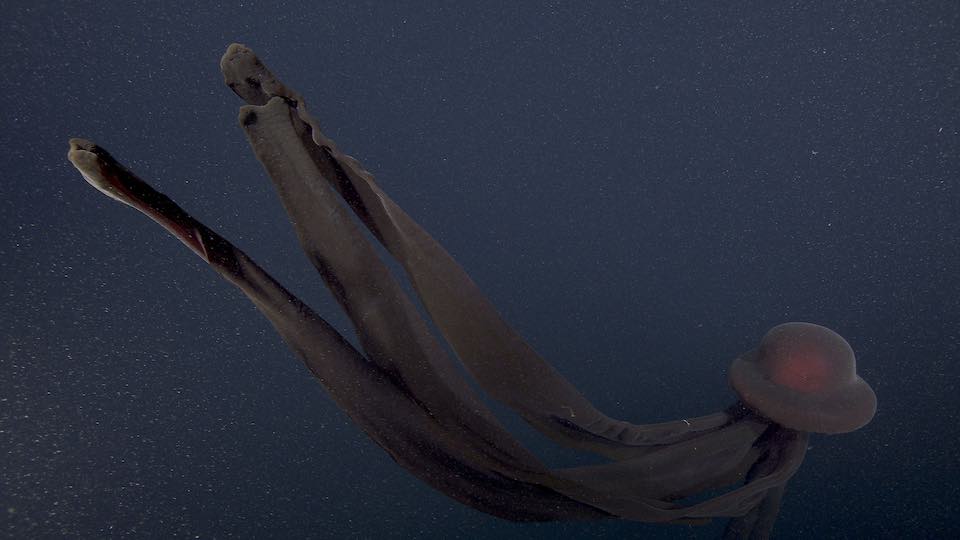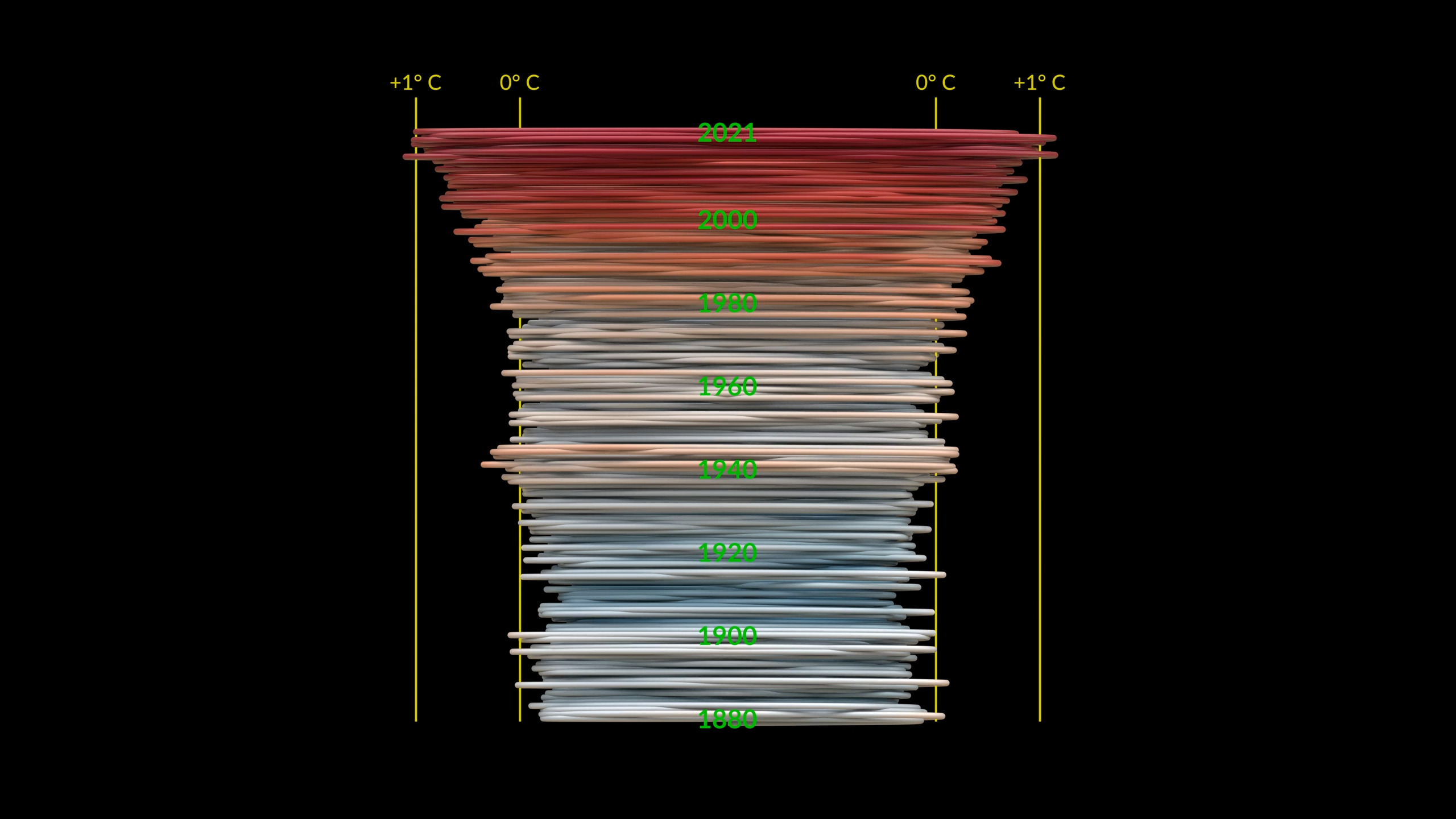An ocean mass extinction event may not be that far off. Researchers published a new study in the journal Science this month. Scientists say that ocean life could die at levels that rival the biggest mass extinctions in history.
New study says ocean mass extinction event is possible in the next 300 years

The study says that the higher temperatures get, the lower the oxygen levels in the ocean will become. As they get lower, more and more species of marine life will die off. The analysis applies data we know from the “Great Dying.” Scientists say this extinction event took place 252 million years ago. During it, more than two-thirds of all ocean life in the Permian Period went extinct.
Curtis Deutsch, a professor of geosciences at Princeton University and an author on the paper, says that we could see an ocean mass extinction if we don’t curb emissions (via NBCNews). With continued rising emissions the models from the study say we could reach Permian levels of extinction by 2300. All of the people alive right now will be dead by then, but it would leave our oceans in a terrible state for those who come after us.
We can still stop it

Of course, this outcome is not guaranteed. Many companies are already trying to curb their emissions. And, if we can keep those levels close to what was agreed to in the Paris Agreement from 2015, the study says we should be able to an ocean mass extinction event. Still, knowing that the possibility is even there is scary.
We’ve already seen some pretty terrifying predictions about where climate warming is taking our planet. Even with NASA and SpaceX looking for ways to build colonies on Mars, we need to take care of our planet.
It’s crazy to think that the current pace of change on our planet can equal some of the most extreme scenarios that history has shown us. Still, if we can’t curb those emission levels, and an ocean mass extinction event takes place, it would forever change our planet. Luckily, there are things that we, as consumers, can do to help lower these levels, too.
Transportation accounts for nearly 27 percent of all greenhouse gas emissions. As such, you can easily help cut down on emissions by using your car less. Additionally, you can even change to a car that doesn’t use fossil fuels to power it. Of course, it’s going to take more than carpooling to help stop an ocean mass extinction event. But, if you want to help, it’s just one way you can get involved.








